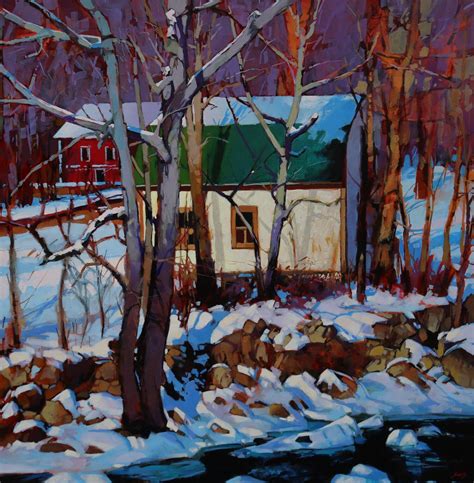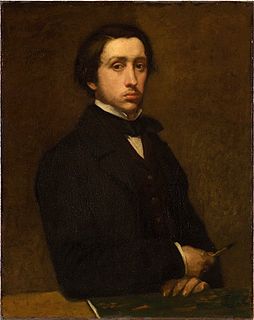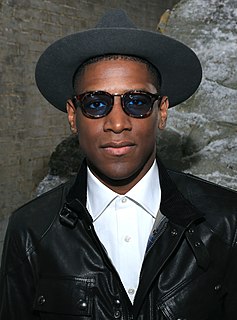A Quote by Mike Svob
That a viewer does not see what the artist intended does not make the composition a failure... In reality all artists speak first to themselves and then to an audience.
Related Quotes
The artist does not draw what he sees, but what he must make others see. Only when he no longer knows what he is doing does the painter do good things. A picture is first of all a product of the imagination of the artist; it must never be a copy. If then two or three natural accents can be added, obviously no harm is done. The air we see in the paintings of the old masters is never the air we breathe.
Artists make art for themselves. Art is an honest expression. Artists who pander to their fans by trying to make music "for" their fans make empty, transparent art. The true fan does not want you to make music for them, they want you to make music for you, because that's the whole reason they fell in love with you in the first place.
What an artist does, is fail. Any reading of the literature, (I mean the literature of artistic creation), however summary, will persuade you instantly that the paradigmatic artistic experience is that of failure. The actualization fails to meet, equal, the intuition. There is something "out there" which cannot be brought "here". This is standard. I don't mean bad artists, I mean good artists. There is no such thing as a "successful artist" (except, of course, in worldly terms).
A work of art does not need an explanation. The work has to speak for itself. The work may be subject to many interpretations, but only one was in the mind of the artist. Some artists say to make the work readable for the public is an artist’s responsibility, but I don’t agree with that. The only responsibility to be absolutely truthful to the self. My work disturbs people and nobody wants to be disturbed They are not fully aware of the effect my work has on them, but they know it is disturbing.



































